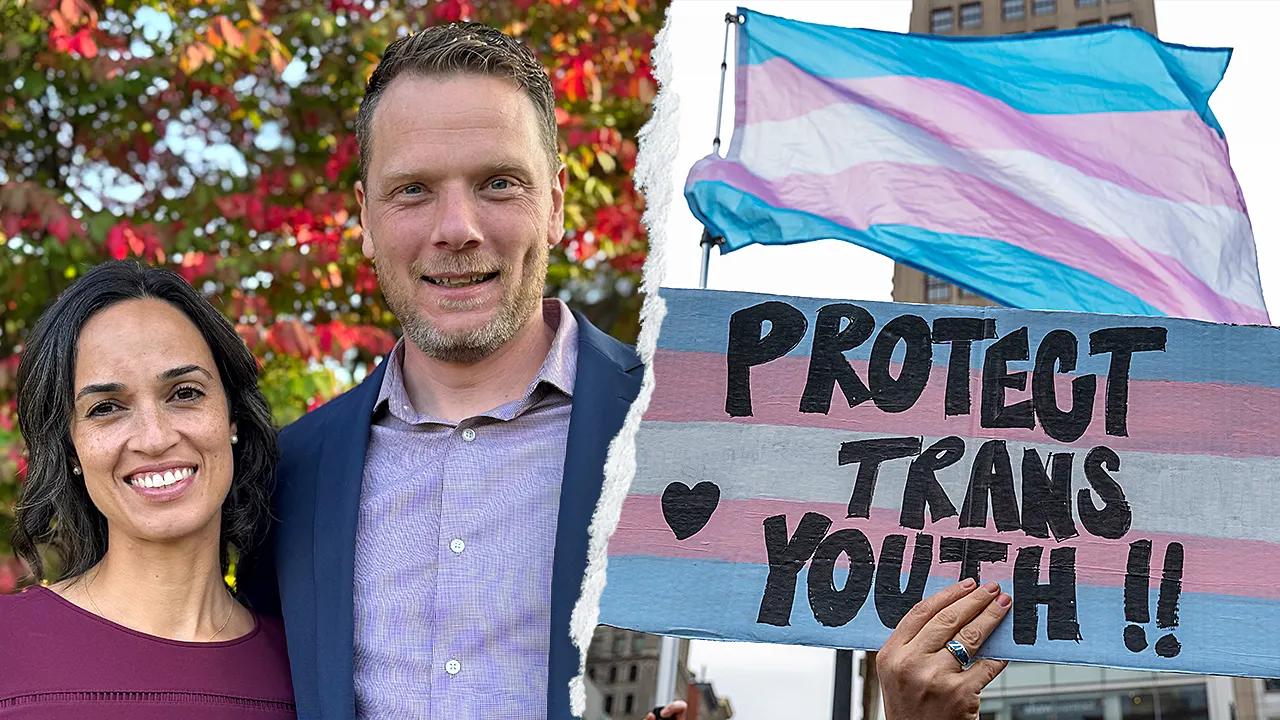Copyright Fast Company

Receipts once meant proof of purchase. Today, they mean proof of behavior. There was a time when reputations had a natural fade. A public mistake could dominate the headlines for a few days, then disappear as the next story took its place. Leaders often relied on silence or patience to outlast the cycle. That approach no longer works. In a digital environment where screenshots, archived tweets, and video clips can resurface in seconds, nothing is forgotten. Mistakes return months or even years later, often with greater consequences. This shift has created what can be called the “age of receipts,” a new reality where every statement and decision is permanently on file. For leaders, this is more than a reputational inconvenience. It is a fundamental change in accountability. You are judged not only by what you say today, but also by the entire record that follows you. THE NEW RULES OF REPUTATION Brands once relied on time to soften controversy, but that buffer is gone. The Bud Light boycott in 2023 showed how quickly receipts can be pulled and weaponized. The backlash began with one partnership decision involving transgender influencer Dylan Mulvaney, but it did not stop there. Critics resurfaced old Bud Light campaigns and past messaging to argue that the brand had a pattern of inconsistency. Subscribe to the Daily newsletter.Fast Company's trending stories delivered to you every day Privacy Policy | Fast Company Newsletters This is how receipts work. A single misstep does not exist in isolation. It is immediately compared against a company’s archive of past words and actions. In Bud Light’s case, the controversy intensified because receipts from earlier years were used to frame the brand as hypocritical. The financial fallout was significant. In the four weeks ending June 3, Bud Light and Budweiser sales fell by roughly 24.6% and 9.2%, while Modelo Especial rose about 10.2%. Bud Light lost its position as America’s top-selling beer. By July, Bud Light had dropped to the third-largest brand in the country, trailing Modelo and Michelob Ultra, with Bud Light at 6.5% market share. What this demonstrates is that reputation is no longer judged by a single moment. It is judged across the entire record. Digital culture has erased the expiration date of controversy, and receipts give the public the ability to hold companies accountable indefinitely. THE PUBLIC CONTROLS THE ARCHIVE Receipts are no longer kept in company files. They are preserved by the public. Employees, customers, activists, and online communities document every contradiction and amplify it when the timing is most damaging. For younger generations, this practice is viewed as ordinary rather than hostile. Gen Z has grown up in an environment where every post, statement, or policy can be compared against past behavior. What older leaders may see as unfair scrutiny, younger audiences recognize as accountability. This shift has changed who controls memory. Organizations no longer decide what is remembered. The public decides, and receipts have become the measure of whether words and actions align. advertisement THE DOUBLE EDGE OF DIGITAL MEMORY The rise of receipts creates complexity. Context often disappears when old content resurfaces. A tweet from a decade ago may no longer reflect current values. A decision made under unique circumstances may be judged through a modern lens. Nuance rarely spreads as quickly as outrage. In the court of public opinion, a viral screenshot can outweigh explanations, apologies, or context. Leaders who face resurfaced material must provide evidence of growth. Audiences look for progress rather than perfection. HOW TO RESPOND IN THE AGE OF RECEIPTS Leaders can respond in several ways. Audit your footprint Conduct regular reviews of what may exist publicly and internally. This is not about erasing history. It is about anticipating what could resurface and preparing a thoughtful response. Build consistency Receipts are most damaging when they expose contradictions. Leaders who align words and actions over time create a track record that is harder to attack. Acknowledge growth If old material reemerges, admit it, explain what has changed, and share evidence of progress. Avoid denial, which often magnifies the issue. Protect internal culture Receipts are not only external. Internal leaks often create reputational crises. A strong, values-based culture reduces the chance of employees feeling the need to expose contradictions. Act as though everything will be seen The safest assumption is that every message, whether public or private, may one day be visible. Leaders who act with this awareness are better positioned to avoid damaging surprises. ACCOUNTABILITY AS ADVANTAGE The age of receipts is not a temporary trend. It has become the environment in which leadership now operates. Accountability is no longer defined by regulators or journalists. It is enforced through digital memory and public vigilance. For organizations that depend on silence or forgetfulness, this reality can be a liability. For leaders who practice transparency, consistency, and progress, receipts can become a strength. They stand as proof of credibility rather than hypocrisy. In a marketplace where trust carries more weight than attention, leaders who treat every message as permanent will be the ones who thrive. The receipts will always remain. The question is whether they reveal contradiction or integrity. Evan Nierman is founder and CEO of Red Banyan.



